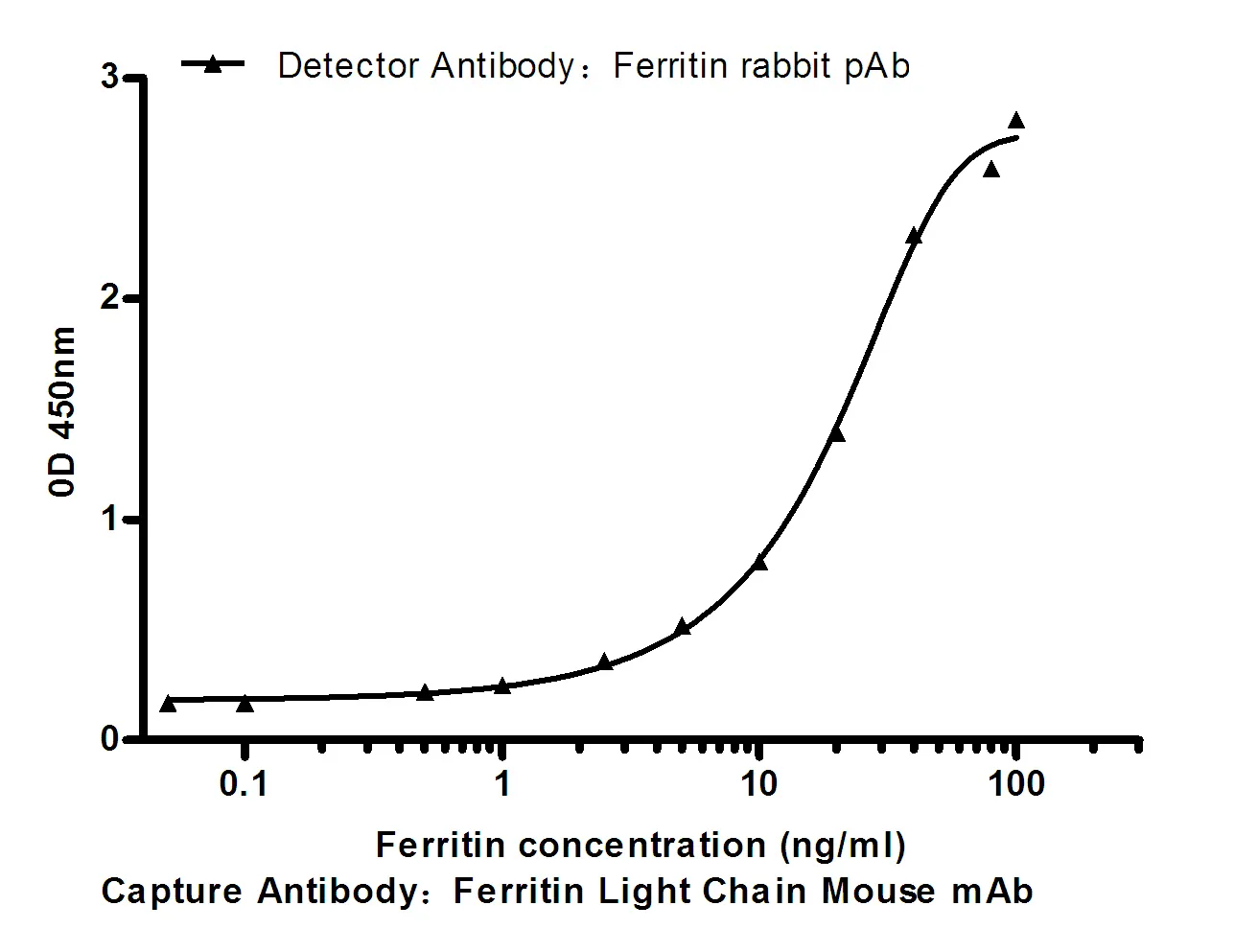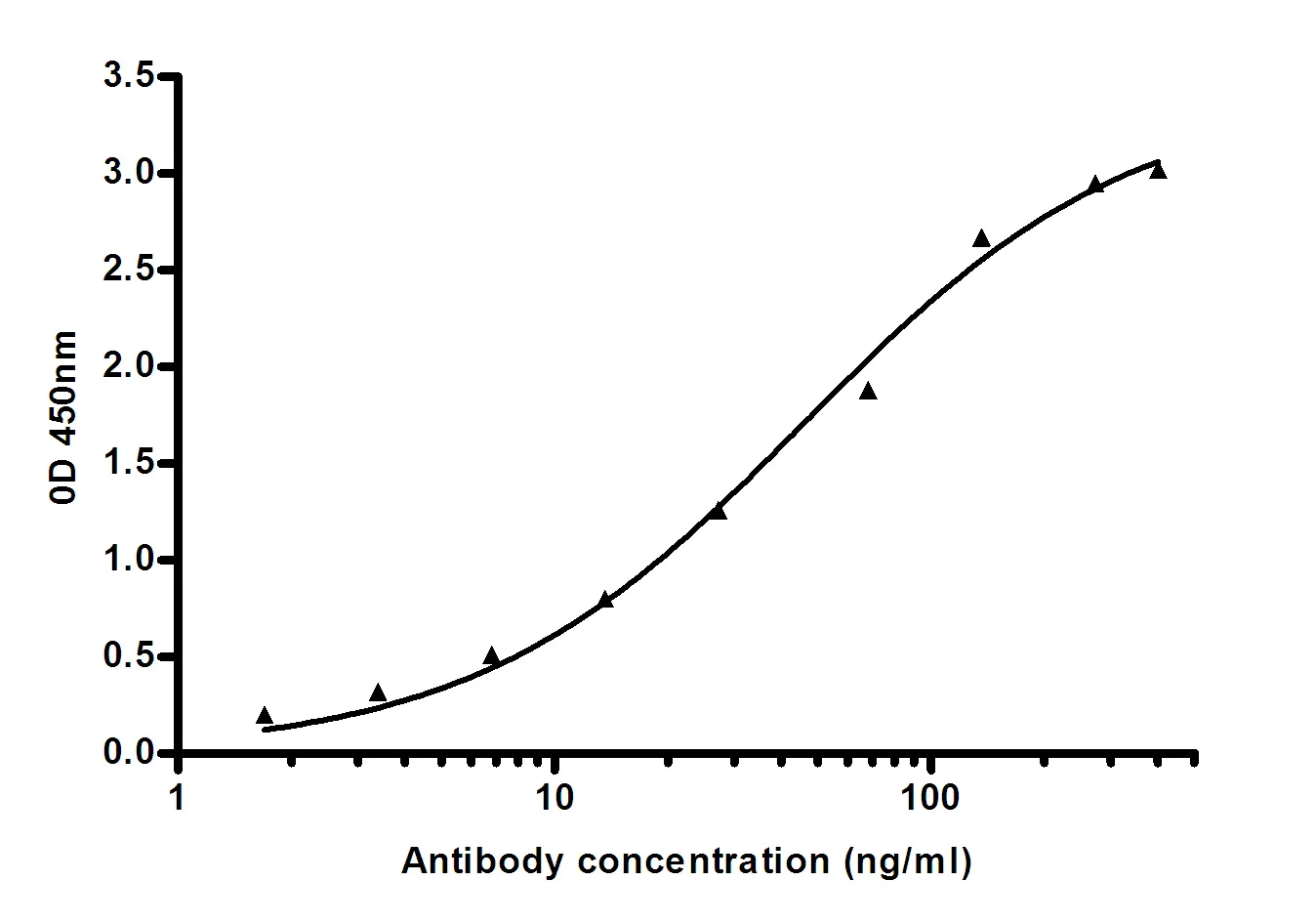Summary
Performance
Immunogen
Application
Background
This gene is a member of the MAGEC gene family. It is not expressed in normal tissues, except for testis, and is expressed in tumors of various histological types. This gene and the other MAGEC genes are clustered on chromosome Xq26-q27. [provided by RefSeq, Oct 2009],developmental stage:Strongly expressed in spermatogonia and primary spermatocytes. At later stages of maturation, expression gradually decreases and becomes undetectable in mature spermatids.,similarity:Contains 1 MAGE domain.,subcellular location:Nuclear in germ cells. Cytoplasmic in well-differentiated hepatocellular carcinoma, nuclear in moderately- and poorly-differentiated hepatocellular carcinoma.,tissue specificity:Not expressed in normal tissues, except in germ cells in the seminiferous tubules and in Purkinje cells of the cerebellum. Expressed in various tumors, including melanoma, lymphoma, as well as pancreatic cancer, mammary gland cancer, non-small cell lung cancer and liver cancer. In hepatocellular carcinoma, there is a inverse correlation between tumor differentiation and protein expression, i.e. the lower the differentiation, the higher percentage of expression.,
Research Area



